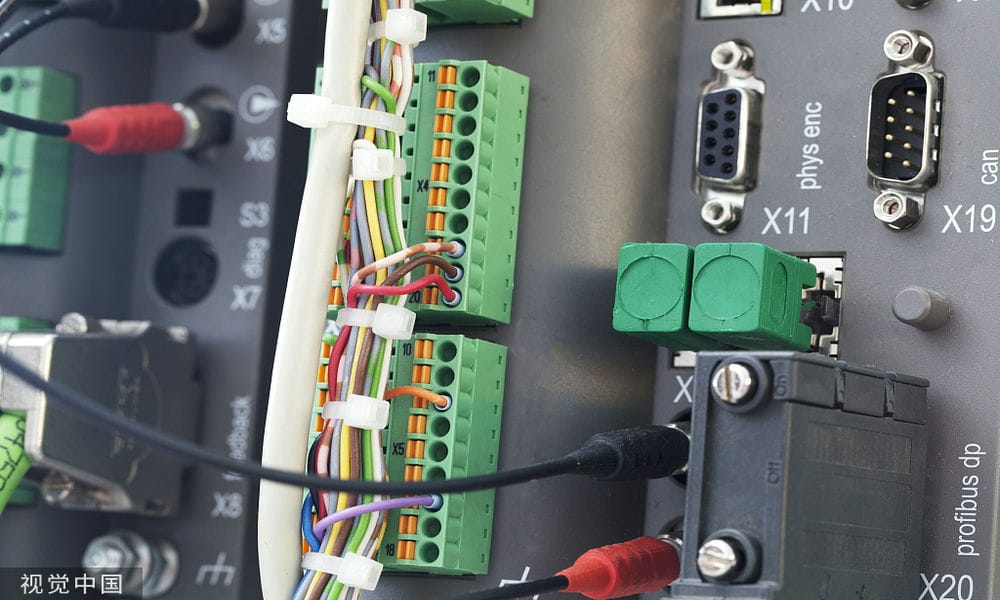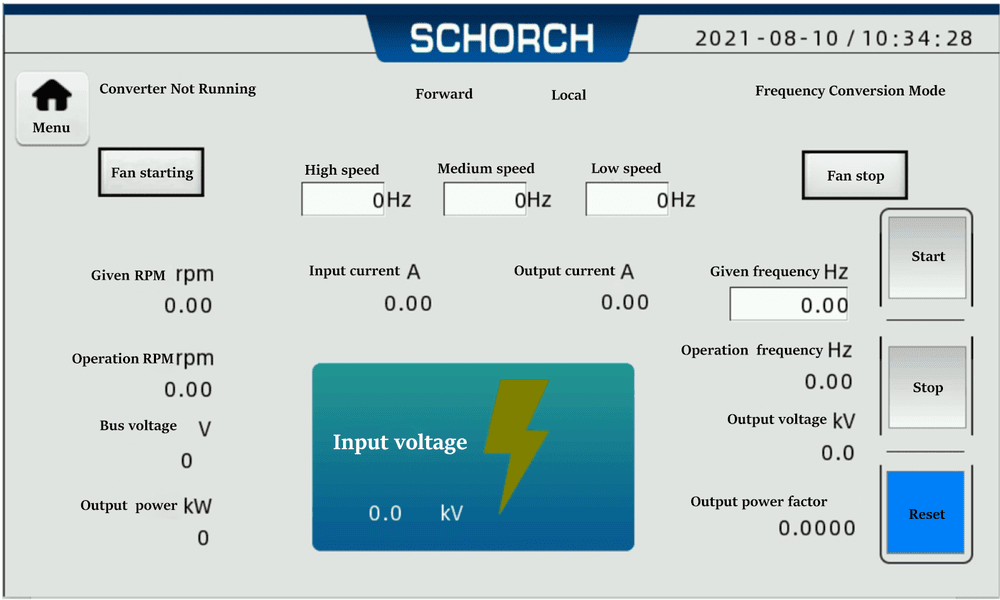



Choosing the right frequency converter depends on several factors and considerations. Here are some steps you can follow to help you make an informed decision:
Determine your power requirements: Understand the power requirements of the equipment or machinery you need to connect to the frequency converter. Identify the voltage and current ratings, as well as the power factor.
Identify the input and output frequencies: Know the input frequency of your power source (e.g., 50 Hz or 60 Hz) and the required output frequency for your equipment. Frequency converters are typically used to convert between different frequencies.
Determine the load type: Identify the type of load you will be connecting to the frequency converter. Different types of loads, such as motors, pumps, or compressors, have specific characteristics that may require different converter features.
Consider the power rating: Choose a frequency converter with a power rating that matches or exceeds the power requirements of your equipment. Ensure that the converter can handle both the voltage and current requirements.
Assess the converter type: There are different types of frequency converters available, such as rotary converters, static converters, and variable frequency drives (VFDs). Each type has its advantages and is suitable for specific applications. Consider the features, performance, and cost of each type before making a decision.
Evaluate control and feedback options: Determine the level of control and feedback you require from the frequency converter. Some converters offer advanced control options, such as PID control or programmable logic controllers (PLCs), which may be necessary for certain applications.

Consider additional features: Depending on your specific needs, consider additional features such as built-in protection mechanisms (overload protection, short circuit protection), communication interfaces (Ethernet, Modbus), user-friendly interfaces (LCD displays, keypad), or compatibility with other control systems.

Consult with experts: If you're uncertain about the best frequency converter for your application, consult with experts or manufacturers who specialize in power conversion. They can provide guidance and recommend suitable options based on your requirements.
Compare specifications and prices: Once you have shortlisted a few frequency converters that meet your requirements, compare their specifications, prices, and warranty conditions. Consider factors such as reliability, reputation of the manufacturer, and after-sales support.
Make a decision: Based on your research, select the frequency converter that best matches your power requirements, load type, control needs, and budget.
Remember to follow safety guidelines and consult with qualified professionals during the installation and setup process to ensure proper and safe operation of the frequency converter.
Stay connected
Be the first to know about our new product launches, latest blog posts and more. The production base of Schorch Electric Co., Ltd. is located in Suining City, Sichuan Province. It adopts the advanced technologies and manufacturing techniques of Europe. The production technologies are advanced, stable and reliable.
The production base of Schorch Electric Co., Ltd. is located in Suining City, Sichuan Province. It adopts the advanced technologies and manufacturing techniques of Europe. The production technologies are advanced, stable and reliable.
Any question or request?
Click below, we’ll be happy to assist. Contact us